A repressive new internet law that Sri Lankan President Ranil Wickremesinghe is trying to rush through parliament this week would create broad and vague new speech-related offenses punishable by lengthy prison terms, the Human Rights Watch (HRW) said today.
In a post, Deputy Asia Director of HRW Meenakshi Ganguly said that the law would seriously threaten the right to freedom of expression as Sri Lanka prepares for parliamentary and presidential elections later this year.
The proposed law, the Online Safety Bill, purportedly provides protections against online harassment, abuse, and fraud. Instead, it is mostly concerned with creating a new “Online Safety Commission,” appointed by the president, that can decide what online speech is “false” or “harmful,” remove content, restrict and prohibit internet access, and prosecute individuals and organizations.
Commission-appointed “experts” would be empowered to enter and search suspects’ premises. Offenses under the law carry hefty fines and prison sentences up to five years, she noted. The United Nations human rights office said the law “could potentially criminalize nearly all forms of legitimate expression, creating an environment that has a chilling effect on freedom of expression.”
The Asia Internet Coalition, an industry body including tech giants such as Google, Apple, and Meta, has called the bill a “draconian system to stifle dissent” and warned it “could undermine the potential growth of Sri Lanka’s digital economy.”
Other repressive legislation before parliament includes a new broadcasting law, which the UN experts say could be used to “suppress dissenting voices,” and a counterterrorism law that “grants wide powers to the police - and to the military - to stop, question and search, and to arrest and detain people, with inadequate judicial oversight.”
You can share this post!
Content
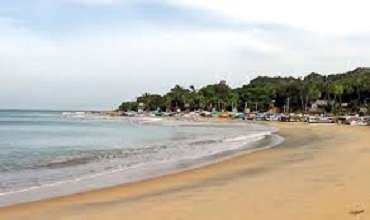
A Thai woman walking topless in Arugam Bay town has been arrested by the Police.
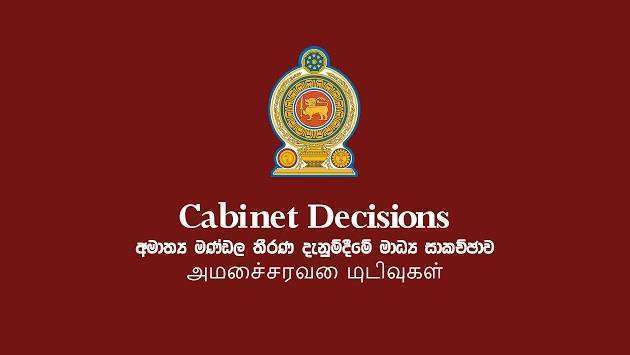
The Cabinet has approved a proposal for Sri Lankans overseas to apply for their passports through an online system via the Lankan diplomatic missions.

Ajith Gallage, the owner of a Bird Park in Nagarawawa, Hambantota, has been remanded over allegations of concealing illegally imported motorcycles, in a warehouse owned by him.
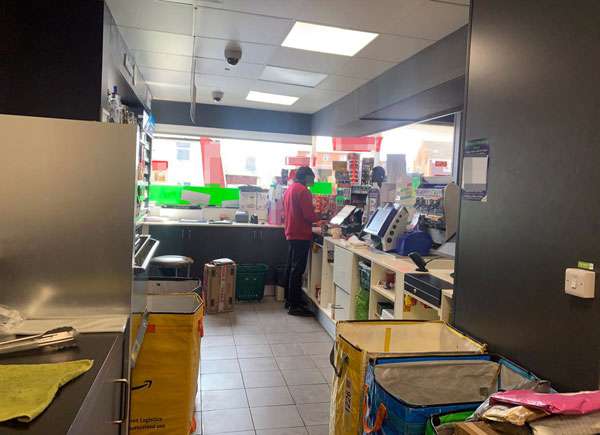
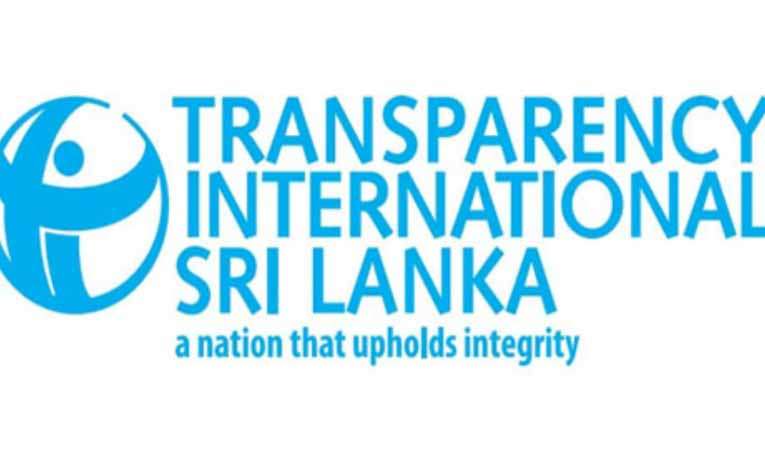
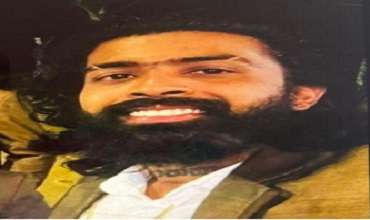



Leave Comments